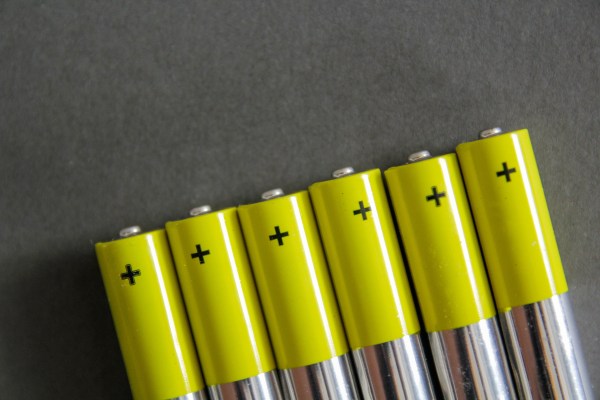Back in graduate school, Penelope Jones thought she was suffering alone, a not uncommon feeling among doctorate students. She was studying electrolytes, a key part of batteries, and a portion of her experiments involved programming specialized lab equipment.
“It was awful,” she told TechCrunch+. But after talking with industry scientists her lab was collaborating with, she realized she wasn’t alone. “They were also facing exactly the same challenges as I was facing.”
Like many entrepreneurs, Jones and her collaborator Alpha Lee soon realized that the challenges they faced were a business opportunity. The pair founded Byterat, where Jones serves as CEO and Lee as CSO; the SaaS company works to streamline battery R&D by automating data collection and analysis.
“We realized that the big bottleneck that’s preventing lots of these companies from deploying best-in-class models for next generation battery designs is the lack of data infrastructure supporting this process,” Jones said.
Today, most equipment in a battery lab is hooked up to PCs running proprietary software for control and data collection. That means the disparate pieces don’t talk to each other, and scientists and engineers have to manually transfer data from each machine and copy it to a common format before they can run any analysis.
“I’ve spoken to engineers who tell me that they are spending 20% of their working week just making plots, not even doing in-depth modeling,” Jones said.
Byterat takes over that step by placing a helper app on each PC that basically monitors certain folders for new data files. Once those files appear, it syncs them to the cloud, where Byterat’s software translates it to a common format and automatically runs a set of analyses that are standard across battery labs. The company also works with customers to generate custom plots and reports, which remain private to that customer’s instance, and in the future will have a no-code tool so anyone can create their own reports.
“This testing data underlies a lot of the decisions that are being made, even in a business context,” Jones said. Maintaining a single data repository can help companies avoid duplicate experiments, cut short those that don’t appear to be working as planned, and make other decisions “in almost real time,” she said, rather than waiting for the team to manually generate their various reports.
Byterat was a part of Y Combinator’s winter 2023 cohort, and now the company has raised a $4 million seed round via SAFE notes, TechCrunch+ has exclusively learned. The round was led by Giant Ventures, with participation from Y Combinator, Urban Innovation Fund, Collaborative Fund, the founders of Voi and Zendesk, and senior executives from Google.
The company already has a pilot with BMW, and Jones said her company is working with a number of smaller manufacturers developing next-generation batteries. The software should be useful across the value chain, from R&D to manufacturing and validation.
Byterat charges companies based on the total amount of data they have stored in the cloud rather than per user. “We really consider that the value that we are offering these teams is a function of the amount of experiments they’re running, the amount of data that they’re generating rather than the number of people that are in the lab,” Jones said.
In that way, Byterat has a clever twist on the usual SaaS pricing model, one that avoids concerns about users being wasteful with storage while also opening the tool up to anyone in the company.
Byterat’s early success suggests that the battery world has matured rapidly in the last five years or so. The market is large enough that niche software startups can attract sizable seed rounds. It’ll be hard to say whether Byterat’s software will make a meaningful dent in the rate of lithium-ion battery development (or costs, for that matter). There are simply too many variables to take into account. But if its offering is adopted by a range of companies, from small research shops all the way up through automakers, then that’ll be all the proof it needs.
